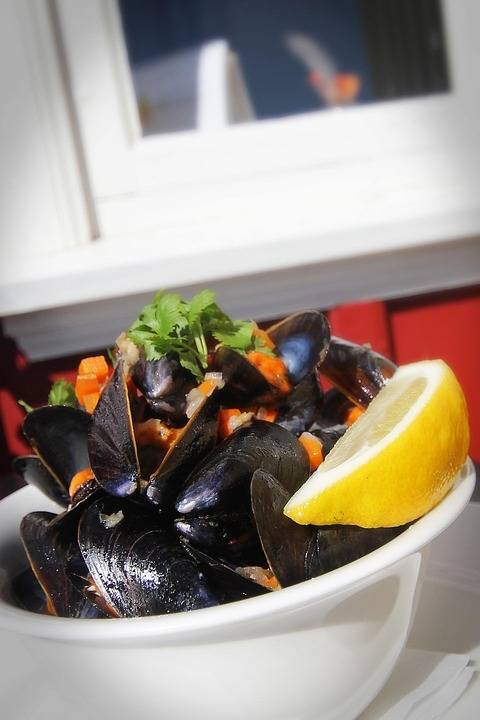Introduction
In recent years, the debate between wild-caught and farmed mussels has gained significant attention within the seafood industry. Both methods have their own set of advantages and disadvantages in terms of sustainability and profitability. This report aims to compare the two models to determine which is more sustainable and profitable in the long run.
Wild-Caught Mussels
Wild-caught mussels are harvested from natural bodies of water such as oceans, seas, and rivers. The harvesting process involves fishermen collecting mussels from their natural habitats using various methods such as dredging, hand-picking, or using traps. While wild-caught mussels are considered to be more environmentally friendly compared to other types of seafood due to their low impact on marine ecosystems, there are concerns about overfishing and depletion of wild mussel populations.
Sustainability
Wild-caught mussels are considered sustainable when harvested in moderation and in accordance with local regulations. However, overfishing and habitat destruction can lead to a decline in wild mussel populations, affecting the overall ecosystem. It is crucial for fishermen to practice sustainable harvesting methods to ensure the long-term viability of wild-caught mussels.
Profitability
From a profitability standpoint, wild-caught mussels can be more expensive to harvest due to the labor-intensive nature of the process. Additionally, fluctuations in wild mussel populations can impact the availability and price of wild-caught mussels in the market. However, some consumers are willing to pay a premium for wild-caught mussels due to their perceived higher quality and sustainability.
Farmed Mussels
Farmed mussels are cultivated in controlled environments such as mussel farms or aquaculture facilities. The farming process involves seeding mussel larvae onto ropes or nets suspended in the water, where they grow and mature over a period of several months. Farming mussels allows for increased control over the production process and can help alleviate pressure on wild mussel populations.
Sustainability
Farmed mussels are generally considered to be more sustainable than wild-caught mussels due to the controlled environment in which they are raised. Farming mussels can help reduce overfishing of wild populations and minimize the impact on natural ecosystems. Additionally, mussel farming can have positive environmental effects, such as improving water quality through filtration and reducing nutrient pollution.
Profitability
From a profitability perspective, mussel farming can be a more cost-effective and efficient method of production compared to wild harvesting. The controlled environment of mussel farms allows for higher yields and consistent quality, leading to more predictable pricing and availability in the market. As a result, many seafood companies are investing in mussel farming as a sustainable and profitable business model.
Conclusion
In conclusion, both wild-caught and farmed mussels have their own set of advantages and disadvantages in terms of sustainability and profitability. While wild-caught mussels are considered to be more environmentally friendly, there are concerns about overfishing and habitat destruction. On the other hand, farmed mussels offer a more controlled and sustainable production process but may lack the same level of perceived quality and authenticity as wild-caught mussels.



